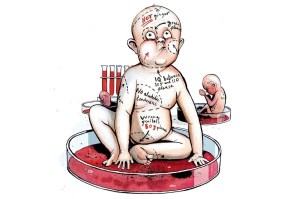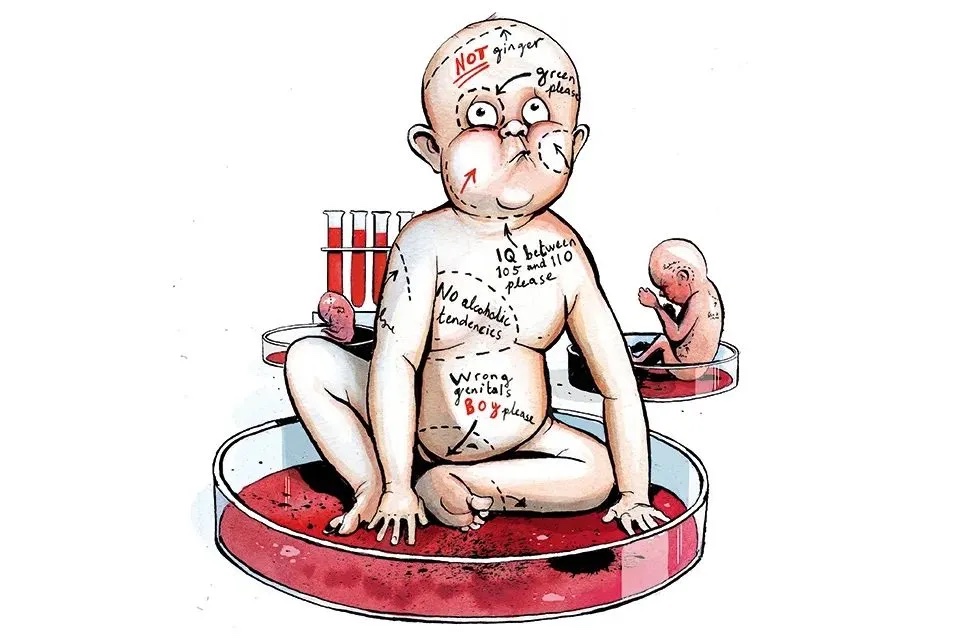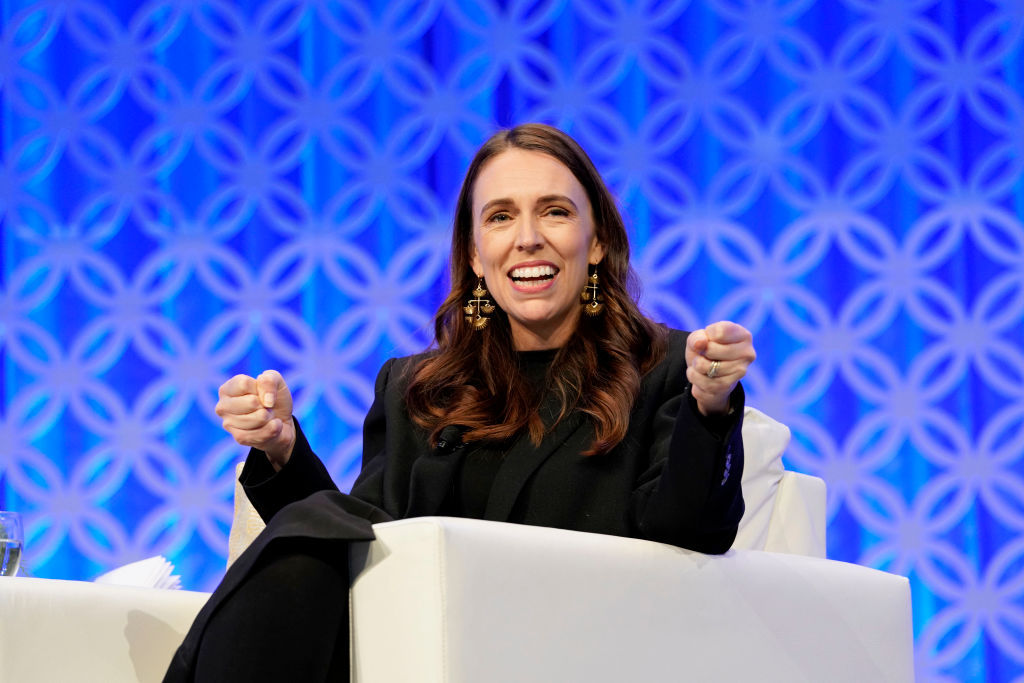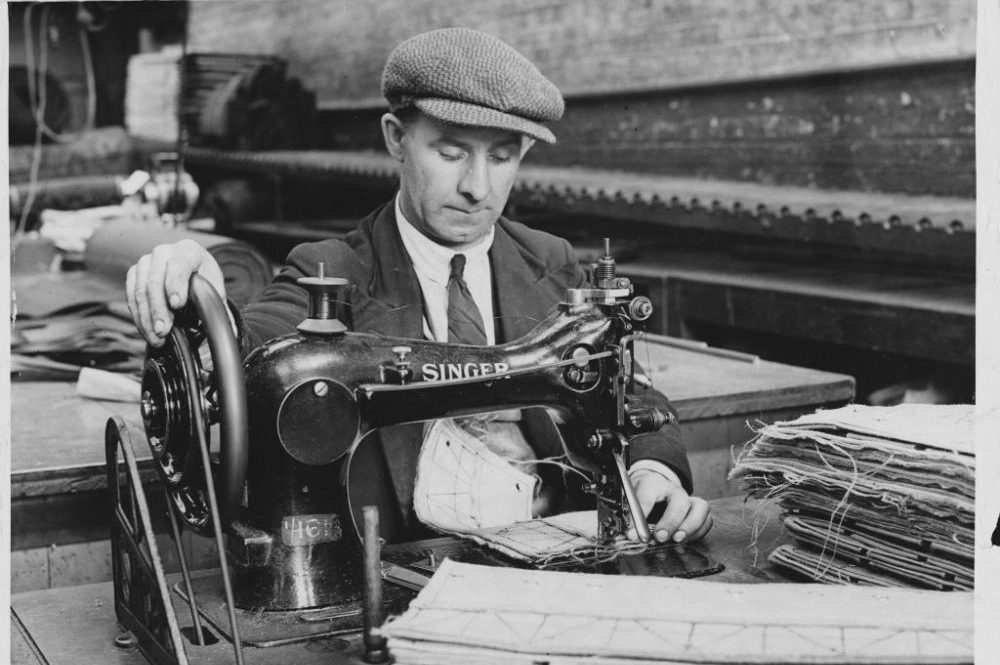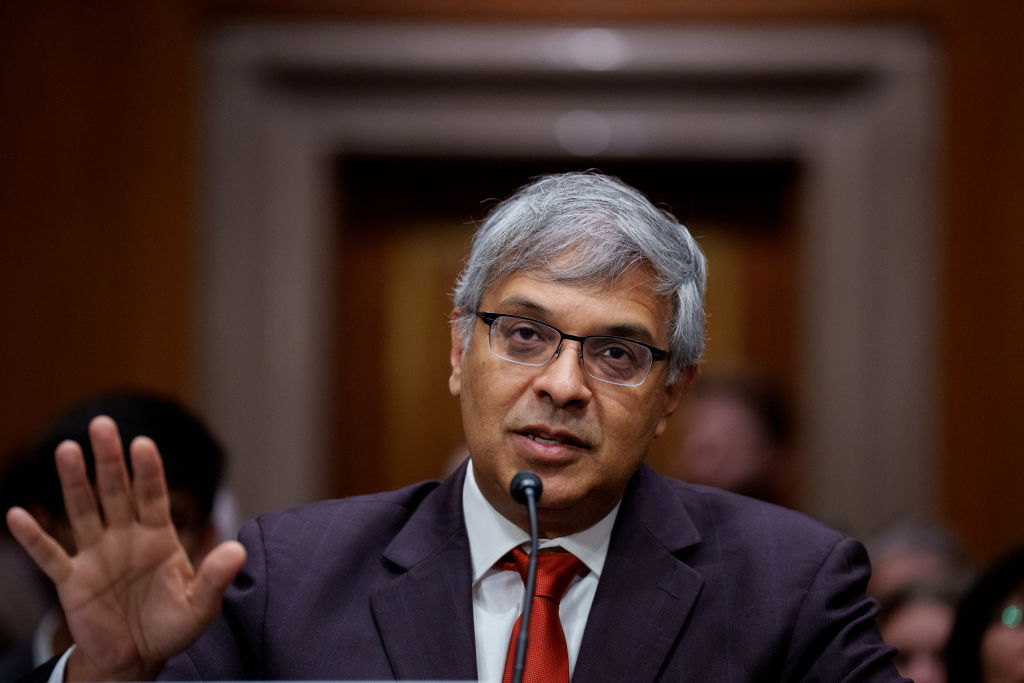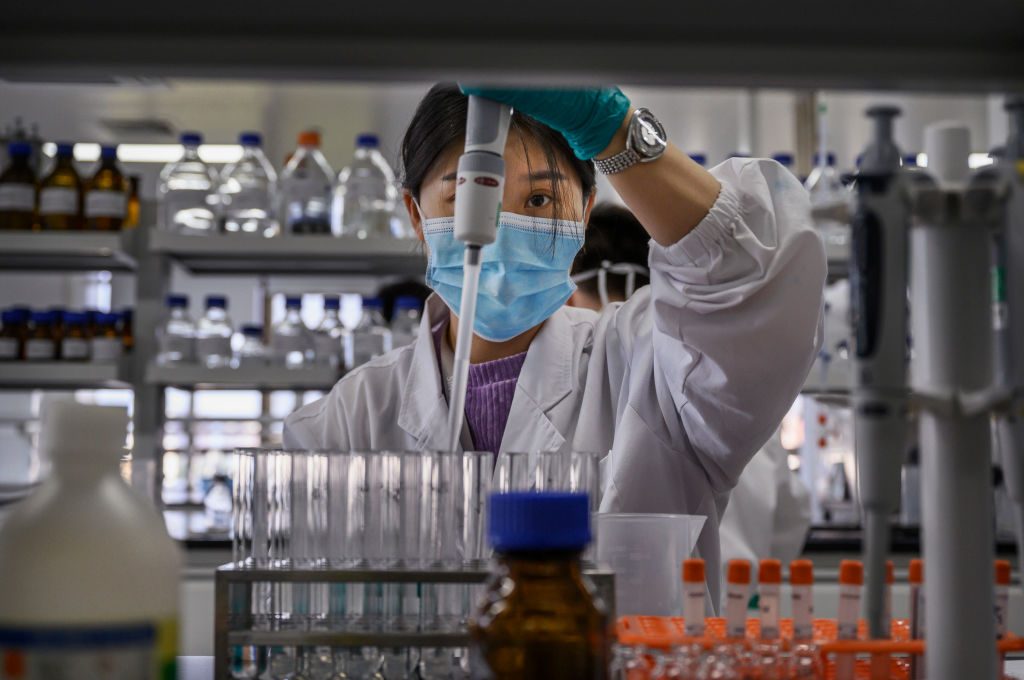March was a dark month for Slovakia. COVID cases and deaths in the country were among the highest in Europe, while political tensions reached breaking point this week with the resignation of Prime Minister Igor Matovič, after the country controversially purchased Sputnik V vaccine doses.
Following disputes within the ruling coalition over the decision to depart from the EU’s vaccine strategy, Matovič agreed to trade places with the minister of finance, making him the first European leader to fall victim to ‘vaccine diplomacy’ amid concerns about a shift eastward in Slovak foreign policy.
Matovič’s fall is particularly painful given the wave of optimism which swept him to power in last year’s elections. Matovič portrayed himself as the face of the anti-corruption movement in Slovakia, which erupted following the murder of journalist Ján Kuciak in 2018. Kuciak had been investigating corruption in Slovakia linked to Italian organized crime — in particular, the ‘Ndrangheta mafia organization’s infiltration of the Slovak political system. His murder led to a public outcry and a radical redrawing of the political landscape. The meteoric rise of Matovič’s ‘Ordinary People’ in 2020 went on to end the reign of the left-wing party, Smer-SD, who were alleged to have allowed corruption to thrive during their eight years in power. And indeed, in the first six months of Matovič’s premiership, over 20 high-profile arrests were made on charges of corruption, from judges and oligarchs to top police officials.
Yet the pandemic has proven too much for the four-party coalition elected to restore honesty to Slovak politics. Matovič’s ‘alpha male’ persona has alienated his government partners, who have become increasingly irritated with his erratic, domineering behavior. An off-the-cuff style which came across as refreshing during the election campaign has rapidly turned divisive during the pandemic.
Polls already showed ‘Ordinary People’ down to a mere 12 percent before its contentious decision to procure Sputnik V was announced — and this move proved to be the tipping point in government relations. Matovič bypassed his coalition partners to negotiate Slovakia’s first order of the Russian jab with help from Hungary’s Fidesz leadership (the first government in Europe to approve the vaccine without EMA approval). But two Slovak coalition parties — Freedom and Solidarity (SaS) and For the People (Za Ľudí) — expressed fury at the decision to depart from the EU’s vaccine strategy, claiming they would only welcome the purchase if Sputnik V was registered with the European Medicines Agency.
With Slovakia in a national state of emergency since October 1, Matovič may have seen it as his responsibility to push through the deal despite these concerns. But his decision to ostentatiously greet the first delivery of Sputnik V at Košice Aiport infuriated his coalition partners and rubbed salt into the wounds. He further offended EU loyalists by penning a sarcastic letter to the head of the European Medicines Agency, writing: ‘we would be very happy if you would change your working hours in the coming months to 24 hours a day, seven days a week — and not approve new vaccines in three months, but in three weeks.’
Although Slovakia has some of the highest levels of Euroskepticism in the EU, its decision to turn away from Brussels for vaccines posed serious geopolitical questions for the country. Meanwhile, its relations with Hungary have long been strained due to disputes over dual citizenship rights for Hungarians living in Slovakia. Matovič provoked an outcry by suggesting that, thanks to Hungary’s help in facilitating the Sputnik V deal, Slovakia’s position in this dispute might be reexamined. More strongly pro-EU sections of the Slovak population meanwhile abhor the idea of being seen to have sided with Viktor Orbán against Brussels.
To make matters worse, many Slovaks fear a potential shift in alignment towards Russia. Although some Central European leaders do their best to foster strong ties with the Kremlin, relations with Moscow are complex throughout the region. Visegrád Four countries have invested heavily in their armed forces since the Russian invasion of Crimea in 2014, and Slovak President Čaputová has expressed her support for Ukraine when it comes to the Nord Stream 2 gas pipeline project.
Following the Slovak procurement of Sputnik V, the minister of foreign affairs, a member of the SaS coalition party, described the Russian jab as ‘a tool of hybrid warfare’ — a propaganda weapon that ‘divides us at home and abroad’. Many in the region see Sputnik V as dangerous both politically and for public health, with leading virologists claiming they ‘do not trust the Russian authorities’ when it comes to vaccine development and trials.
Such statements make it clear that Slovak Euroskepticism is offset by a still greater distrust of Russian influence — and that for many, turning away from the EU towards Moscow was an unacceptable exercise in ‘vaccine diplomacy’. True to form, Matovič made a bad situation worse by joking that he would exchange Sputnik V jabs for a piece of Ukrainian territory.
Given the hope his election victory inspired only a year ago, Matovič’s resignation — and the bitter infighting which preceded it — seems to be a new low for Slovakia. His continuation in government as minister of finance means he will still wield influence — but it has been a long fall for the former savior of Slovak politics, especially when his crime was purchasing vaccines for his people.
This article was originally published on The Spectator’s UK website.











